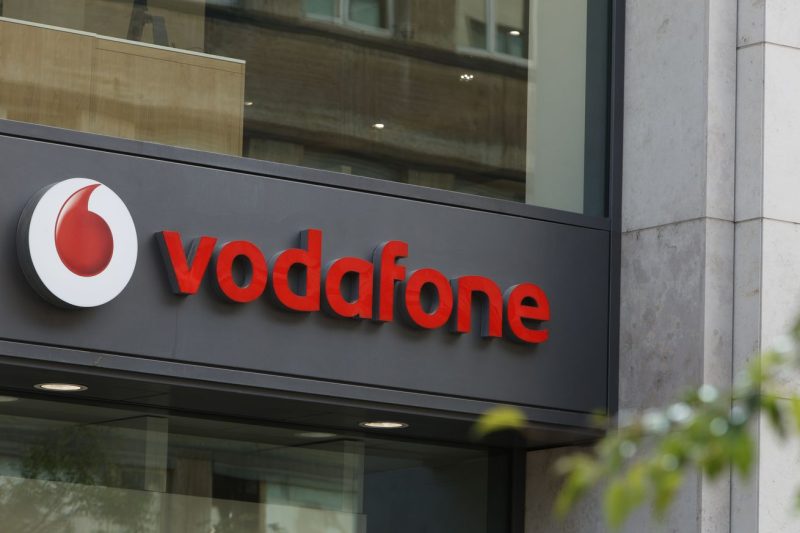
Vodafone and Three Join Forces to Create UK’s Ultimate Mobile Giant
In a significant development that is set to reshape the mobile telecommunications landscape in the UK, Vodafone and Three have received the green light to merge, paving the way for the formation of the country’s largest mobile operator. This merger, approved by regulatory authorities, is poised to bring about far-reaching implications for both customers and competitors within the industry.
The consolidation of these two major players in the UK mobile market holds the promise of increased efficiency and improved service delivery. By merging their resources and networks, Vodafone and Three aim to enhance coverage, quality, and speed of mobile services, giving customers a more robust and reliable network experience. This move is particularly crucial in an era where mobile connectivity plays an ever-expanding role in people’s lives, from work to leisure.
Moreover, the merger is expected to result in a more competitive mobile landscape, with the combined entity of Vodafone and Three poised to offer a compelling alternative to other major players in the market, such as EE and O2. This increased competition may drive innovation, lead to more attractive pricing plans, and ultimately benefit consumers through a wider range of options and improved services.
However, the merger of Vodafone and Three also raises certain concerns and challenges, especially with regard to market dominance and potential impacts on smaller competitors. Regulators will need to closely monitor the new entity to ensure fair competition and prevent any anti-competitive practices that may harm consumers or hinder the development of a healthy mobile telecommunications market.
Furthermore, the merger of Vodafone and Three could have wider implications beyond the UK market. As the telecommunications industry becomes increasingly globalized, the decisions and strategies of major players in one market can have ripple effects across borders. The successful integration of Vodafone and Three in the UK may serve as a case study for similar mergers and collaborations in other regions around the world.
In conclusion, the merger of Vodafone and Three to form the UK’s biggest mobile operator marks a significant milestone in the evolution of the country’s telecommunications sector. While the move promises benefits in terms of enhanced services and greater competition, it also raises questions around market dynamics and regulatory oversight. Ultimately, the success of this merger will depend on how well Vodafone and Three manage the transition, uphold fair competition, and deliver on the promise of improved mobile connectivity for consumers.
